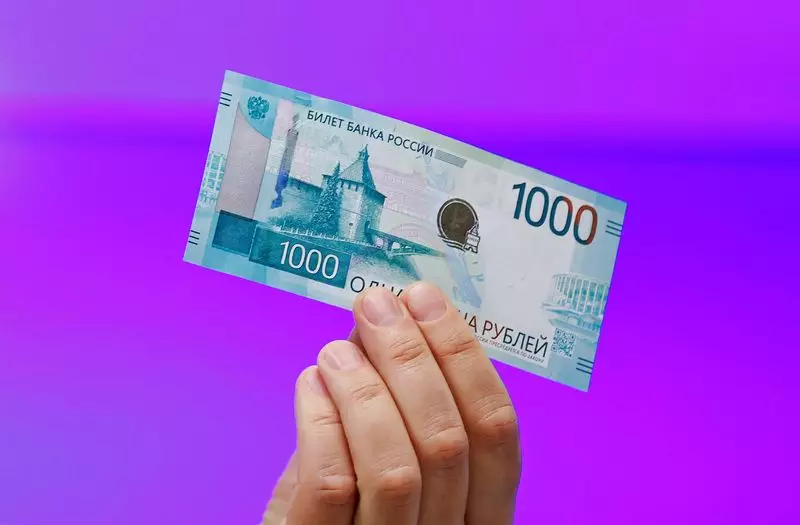The Russian government’s decision to soften requirements for mandatory sales of foreign currency for exporters has raised questions about the efficacy of capital controls in the country. President Vladimir Putin signed a decree in October mandating the reintroduction of capital controls to prop up the rouble and address capital outflows. However, the recent changes to the government decree have shifted the focus towards exporters who settle more than half of their foreign contracts in roubles.
Reevaluation of Capital Control Measures
The government’s decision to amend the capital control measures highlights a strategic shift in its approach towards supporting the rouble. Previously, certain Russian exporters were required to deposit a significant portion of their foreign currency earnings with domestic banks and sell a majority of those proceeds on the domestic market. This move was aimed at stabilizing the rouble and ensuring that exporters contributed to the currency’s strength. However, the recent changes allow for more flexibility, as exporters who settle more than half of their contracts in roubles may be exempt from the foreign currency sales requirements.
The central bank has long been skeptical of the effectiveness of capital controls in supporting the rouble. Despite the government’s stance that the controls reduce depreciation risk, the central bank has emphasized other factors such as high interest rates and strong export revenues as more impactful in stabilizing the currency. The disagreement between the central bank and the government underscores the complexities of implementing capital controls in a volatile economic environment.
The reintroduction of capital controls in Russia initially had a significant impact on the rouble, which had been under pressure from capital outflows and limited foreign currency supply. However, the currency has shown signs of stabilization, now trading near 90 to the dollar. The recent changes to the capital control requirements for exporters reflect a broader reassessment of the government’s economic policies and priorities. Moving forward, it will be crucial to monitor how these changes impact export-oriented industries and the overall stability of the Russian economy.
The Russian government’s decision to soften requirements for mandatory sales of foreign currency for exporters represents a significant shift in its approach towards supporting the rouble. While the effectiveness of capital controls remains a topic of debate, the recent changes reflect a willingness to adapt to changing economic conditions and market dynamics. As Russia navigates the challenges of a volatile economic environment, finding a balance between capital controls and other policy measures will be essential in promoting long-term stability and growth.

